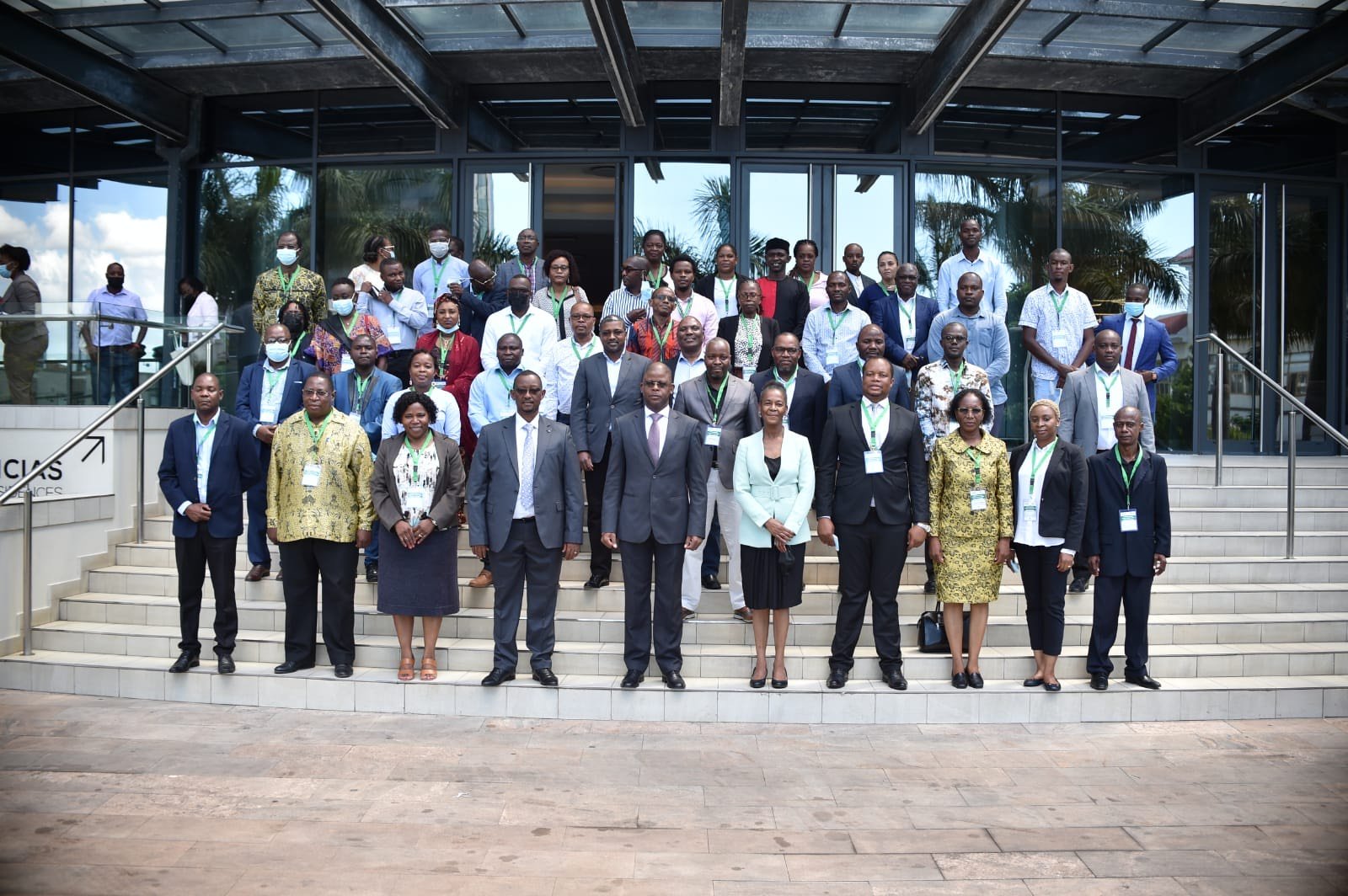Mozambique moves to address biotechnology information gap
OFAB, supported by African Agricultural Technology Foundation (AATF), seeks to enhance awareness and knowledge of the benefits and safety of agricultural biotechnology among key stakeholders, including policy makers and decision makers.
Mozambique becomes the first country in the Southern Africa region, and the ninth in Africa after Rwanda, Burkina Faso, Ethiopia, Ghana, Kenya, Nigeria, Uganda and Tanzania to launch an OFAB.
The newest OFAB Chapter will be hosted by the Institute of Agricultural Research of Mozambique (IIAM). As noted by AATF Executive Director Dr. Canisius Kanangire it will offer stakeholders a platform for conversations on the role of science technology and innovation key to the transformation of agriculture in the country.
“This milestone is a clear indication of what great partnerships can achieve and the launch gives us one more reason to celebrate the hard work, commitment and dedication of IIAM and AATF, driven
by the unity of purpose between our institutions,” Dr Kanangire said during the launch in March.
AATF was founded to tackle poverty and food insecurity through technological interventions. In its nearly 20 years of operation, the organisation has facilitated access to technologies worth over USD 400 million for use by farmers in Africa ranging from better seeds, digital tools and agricultural mechanization solutions.
Through interventions in key value chains such as maize, cassava and rice, the foundation has supported farmers to access better tools and seeds, improve their agricultural practices as well as access better markets, leading to improved yields and livelihoods.
Mozambique is one of the countries where the Bill Gates Foundation research of the genetically modified maize under the Water Efficient Maize for Africa (WEMA) project was conducted.
‘‘We have witnessed biotechnology ensuring access to more nutritious foods such as with the commercialisation of the first genetically modified cowpea in the world, the pod borer-resistant transgenic cowpea now available to farmers in Nigeria.”
The drought-tolerant Bt Maize, now known as TELA maize, has also shown resistance to the stem borer, which is linked to massive maize production losses on the continent.
TELA maize (whose development and deployment is managed by AATF) is expected to help farmers avert total crop failure in the event of reduced rainfall which has been very common because of climate change.
It has been commercialised in South Africa, with yield improvements of up to 60 percent.
IIAM Director General Olga Fafetine noted that IIAM has made substantial strides through the TELA maize project that will soon culminate in the commercialisation of Bt Maize in Mozambique, presenting smallholder farmers with a technology to help them mitigate the impact of drought and pests, thereby improving maize yields.
“As we make these decisive steps towards the commercialization of Bt Maize, biotechnology communication and awareness creation is needed more than ever. Consequently, the launch of the OFAB chapter in Mozambique is very timely,” Dr Fafetine said.
Mozambique’s vice-minister for Agriculture and Rural Development Olegario Banze said that OFAB’s launch in the country marked an important step in the country’s quest to boost agricultural productivity.
“Through agricultural innovations, we have managed to facilitate access to productivity enhancing technologies, enabling millions of our farmers to improve their farming practices in line with the government’s National Development Strategy ‘ENDE’ 2015-2035.
We have particularly contributed directly to the second pillar of our fiveyear development programme (2020-2024) focusing on economic growth and job creation,” Mr Banze said. The launch of the Mozambique OFAB chapter comes at a time when Africa’s agriculture-dependent economy is facing myriad production challenges, including climate change, new pests and diseases and finite farmland.
These challenges require special attention to enable optimal production yields that are also friendly to the environment. Biotechnology, which includes innovative tools like double haploid technology, marker-assisted breeding, genomics, genetic engineering, and genome editing, has significantly shortened the time required to develop new cultivars, varieties, and hybrids.
These tools can accelerate the development of market-responsive varieties needed for sustainable agriculture in Africa. In the third phase of the project, OFAB intends to expand its outreach through the establishment of a new chapter in Malawi.

